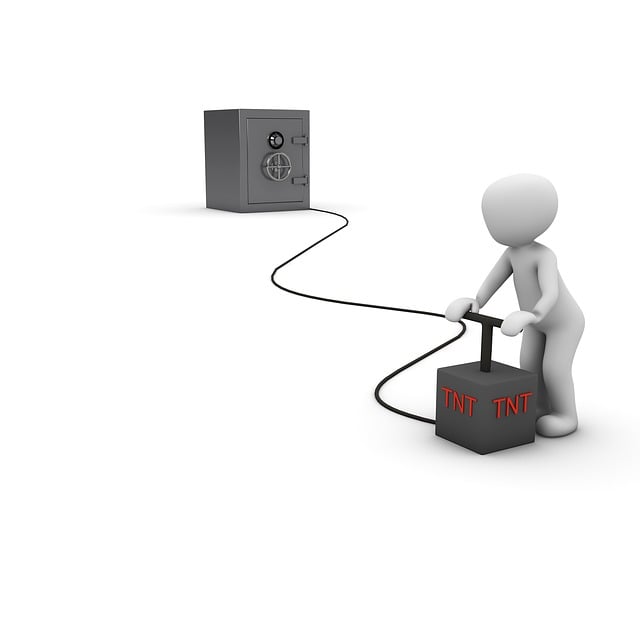In industries where expertise is vital, understanding the value proposition, especially pricing based on experience, is crucial. Customer trust is essential for effective pricing strategies, influenced by reputation and word-of-mouth. In emergency services, emergency charges are justified by investment in training, equipment, and skilled personnel. Balancing fairness and responsiveness in pricing fosters trust through transparent justification of emergency charges, ensuring customers perceive value aligned with cost.
When setting prices, considering both experience and reputation is crucial. In this article, we explore how these factors influence customer perception of value and fairness. We delve into the importance of understanding the value proposition through experienced professionals, building trust based on established reputations, and navigating emergency charges responsibly. By balancing responsiveness with fairness, businesses can enhance their services and maintain strong relationships with their clients.
- Understanding the Value Proposition: Experience Matters
- Building Trust: Reputation as a Pricing Indicator
- Balancing Emergency Charges: Fairness and Responsiveness
Understanding the Value Proposition: Experience Matters

When it comes to pricing, especially in industries where expertise is paramount, understanding the value proposition is non-negotiable. Experience plays a pivotal role in shaping the price point and should be seen as an investment rather than an expense. Customers seeking services or products that require specialized knowledge often understand the significance of experience in delivering quality results.
In many sectors, including emergency services, where quick thinking and skilled execution can be matters of life and death, experience becomes a critical factor. Skilled professionals with extensive experience in handling emergencies are able to offer more efficient solutions, reducing potential risks and associated costs for clients. This expertise often translates into higher pricing, reflecting the specialized nature of their work and the value they bring to critical situations, justifying emergency charges.
Building Trust: Reputation as a Pricing Indicator

Building trust with customers is paramount when it comes to pricing strategies, especially in industries where reputation plays a significant role. In many services-based sectors, word-of-mouth recommendations and online reviews can greatly influence a company’s perceived value and, consequently, its pricing power. A solid reputation indicates reliability, quality, and customer satisfaction, which are all desirable traits for retaining clients and attracting new ones.
When customers trust a business, they are more likely to accept its pricing structure. For instance, in the case of emergency services or specialized care, where expertise and swift action are crucial, a well-established reputation can justify higher emergency charges. Customers understand that a reputable service provider invests in training, equipment, and skilled personnel, which directly impact operational costs and, therefore, pricing. This trust-based relationship ensures that customers perceive the value they receive as commensurate with the cost.
Balancing Emergency Charges: Fairness and Responsiveness

In the realm of pricing, particularly when discussing services that involve immediate attention and potential emergencies, balancing fairness and responsiveness is a delicate act. Emergency charges, while often necessary to cover unexpected situations, can be a sensitive topic for both service providers and clients. On one hand, these surcharges ensure businesses can remain responsive and prepared to handle urgent matters, providing peace of mind to customers in their time of need.
However, to maintain fairness, these charges should be transparently structured, clearly communicating the rationale behind them. Clients must understand that emergency charges are not profit-driven but rather a way to cover increased costs and ensure prompt service during critical times. Striking this balance is essential to fostering trust between businesses and their customers, as it demonstrates a commitment to both quality of service and ethical pricing practices.






